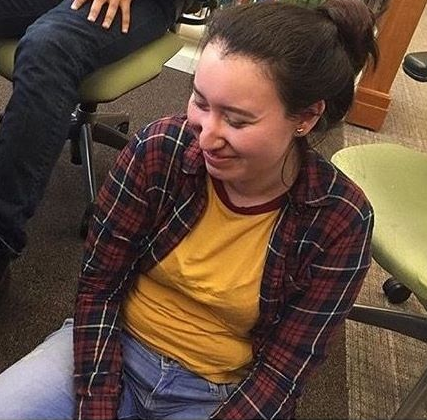On Jan. 25, President Donald Trump addressed the Department of Homeland Security about his most recent executive order. He introduced his intentions to build the Mexican border wall he leaned on as a stalwart of his presidential campaign to gain support from a fearful, conservative midsection of America.
“A nation without borders is not a nation. Beginning today, the United States of America gets back control of its borders,” he said in the press conference. “The Secretary of Homeland Security, working with myself and my staff, will begin immediate construction of a border wall.”
Ragini Shah has been a Clinical Professor of Law at Suffolk University since 2007 and founded Suffolk’s first immigration clinic that represents detained immigrants, as well as unaccompanied minors, who face removal situations in cases that focus on criminal, family, and immigration law.
Regarding Trump’s plan to bolster America’s southern border security with a wall, she remains doubtful that the new legislation will be effective in deterring people from coming to the U.S.
“It is important to note that 650 miles of fence and barriers already exist because of something called the Secure Fence Act that was signed in 2006,” said Shah. “That fence did not stop people from coming to the U.S. but did make it more dangerous and expensive for them to cross.”
Shah has taken a strong position on current American politics, as well as racial tensions that she believes are exacerbated by advocates of stricter immigration.
“I am troubled by the image of immigrants as a negative for the United States. I am equally disturbed that so many decisions are made either in the absence of evidence or despite overwhelming evidence to the contrary,” said Shah.
President Trump has continued to make his agenda clear on Twitter. On Thursday he consecutively tweeted, “The U.S. has a 60 billion dollar trade deficit with Mexico. It has been a one-sided deal from the beginning of NAFTA with massive numbers of jobs and companies lost. If Mexico is unwilling to pay for the badly needed wall, then it would be better to cancel the upcoming meeting.”
Following a Friday phone call with Mexico’s President Enrique Peña Nieto, Trump told various media outlets that the conversation was “very good”.
He elaborated, saying “we are going to renegotiate our trade deals and we are going to renegotiate other aspects of our relationship with Mexico and in the end I think it will be good for both countries.”
On Friday he tweeted, “Mexico has taken advantage of the U.S. for long enough. Massive trade deficits & little help on the very weak border must change, NOW!”
Shah said she feels this wall will fray an already delicate relationship between Mexico and America.
“It does not engender a sense of cooperation or communication, but rather a sense of fear and distrust,” she said. “This is a strange feeling to have toward our southern neighbors who are strong economic partners.”
Section one of the executive order signed on Jan. 25 stated “Among those who illegally enter are those who seek to harm Americans through acts of terror or criminal conduct. Continued illegal immigration presents a clear and present danger to the interests of the United States.”
While Trump has expressly condemned immigrants illegally entering the United States without proper legal documentation, he hasn’t spent much time discussing those who enter the country legally but then overstay their visas.
House Homeland Security Committee’s Border and Maritime Security Subcommittee Chairwomen Martha McSally outlined this promblem in an 2016 interview with Breitbart news, which Trump’s chief strategist and senior counselor Steve Bannon was previously affiliated with.
She stated that that four of the September 11, 2001 hijackers entered the U.S. legally, but then overstayed their visa’s leading up to the attack.
In the most recent Entry/Exit Overstay Report by the U.S. Department of Homeland Security, it was reported that the amount of Canadian immigrants who overstayed the terms of their visa is more than double the number of Mexican immigrants who overstay their visas.
To date, Trump has yet to express concern over illegal immigrants entering the country from the north even after six muslims were killed by a white, Canadian national at a mosque in Quebec.







